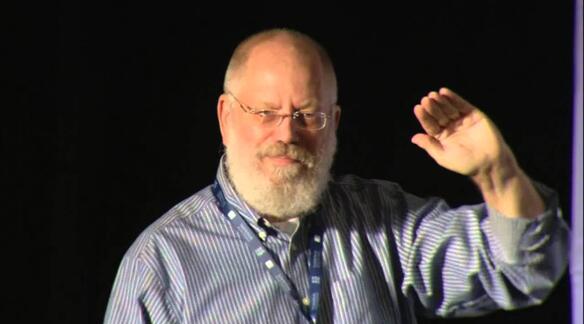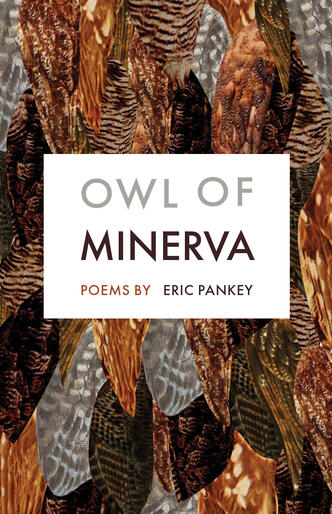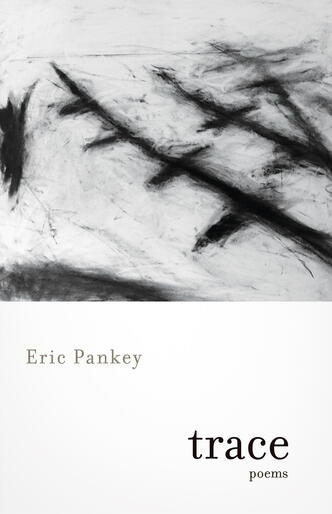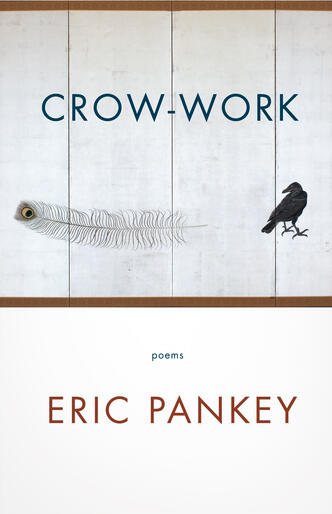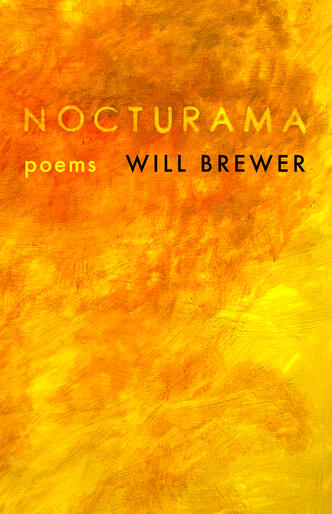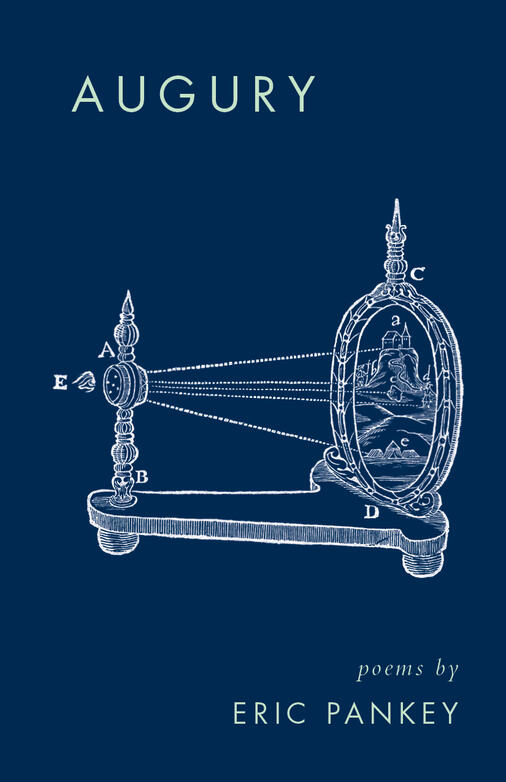

Augury
From celebrated poet Eric Pankey, a collection exploring the presence of the divine in the seemingly ordinary.
The ancient Romans practiced augury, reading omens in bird’s flight patterns. In the poems of Augury, revelation is found in nature’s smallest details: a lizard’s quick movements, a tree scarred by lighting, the white curve of a snail’s shell. Here the sensory world and the imagined one collide in unexpected and wonderful ways, as Pankey scrutinizes the physical for meaning, and that meaning for truth.
With uncommon grace, each of Pankey’s precise lyrics advances our shared ontological questions and expresses our deepest contradictions. In a world of mystery, should we focus on finding meaning or creating it? How can the known—and the unknown—be captured in language? “If one cannot see clearly,” Pankey writes, borrowing from Freud, “one at least wants / what is unclear to be in focus.”
Augury is a masterful and magical collection from a poet of stirring intelligence, “a book of stones unstitched from the wolf’s belly.”
